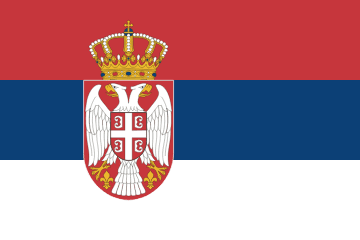Facts Not Fiction – Young Historians Show How to Learn from the Past
The project is based on the success of the “Who Were the Victims of the National Socialists?” – A Toolkit for Place-Based Learning developed by EuroClio, and the concept of educational graphic novels “Ester,” developed by Terraforming. During 24 months, project partners from Serbia, the Netherlands, Germany, and Romania will develop tools and methodologies to empower history educators and other actors, such as museum curators, archivists, podcasters, and graphic novelists, to work with students and youth groups on developing their own educational outreach products in various formats, such as graphic novels, exhibitions, podcasts, or guided tours, based on local micro-histories of persecution during WWII.
About the Project
Facts not Fiction aims to educate European youth about the Holocaust and Nazi persecution, fostering critical engagement with history. By conducting local research, accessing historical sources, and collaborating with institutions, young people gain tools to share their unique knowledge. The rise of new media has made history more accessible yet often unreliable. Misconceptions, such as the belief that only Jews suffered under Nazi crimes, perpetuate discrimination and misinformation. The project seeks to empower youth to counter these tendencies by becoming informed historians and leaders who promote Holocaust understanding and its relevance today, guided by various historical experts.
Project Activities
The overall aim of the project is to empower young people to increase historical awareness and foster a shared remembrance culture of the Holocaust. In doing so the project will deliver the following:
- Young people across Europe will create four local history projects focusing on various victims of Nazi persecution.
- Peer tutorials will be developed for museum educators, archivists, and tour guides to enhance their preparation for school visits and visits from youth interested in Holocaust history.
- Educational animations will guide students in creating graphic novels, podcasts, exhibitions, and heritage tours about Nazi persecution victims.
- Research findings from student projects will be published as Storyboards on the digital platform Ester.
- A Europe-wide Youth Council will be formed to design local awareness activities aiming to increase public understanding of Holocaust history and promote dialogue on issues like antisemitism and racism.
- A research report will be published, detailing the learning experiences of participating youth.


.png)


